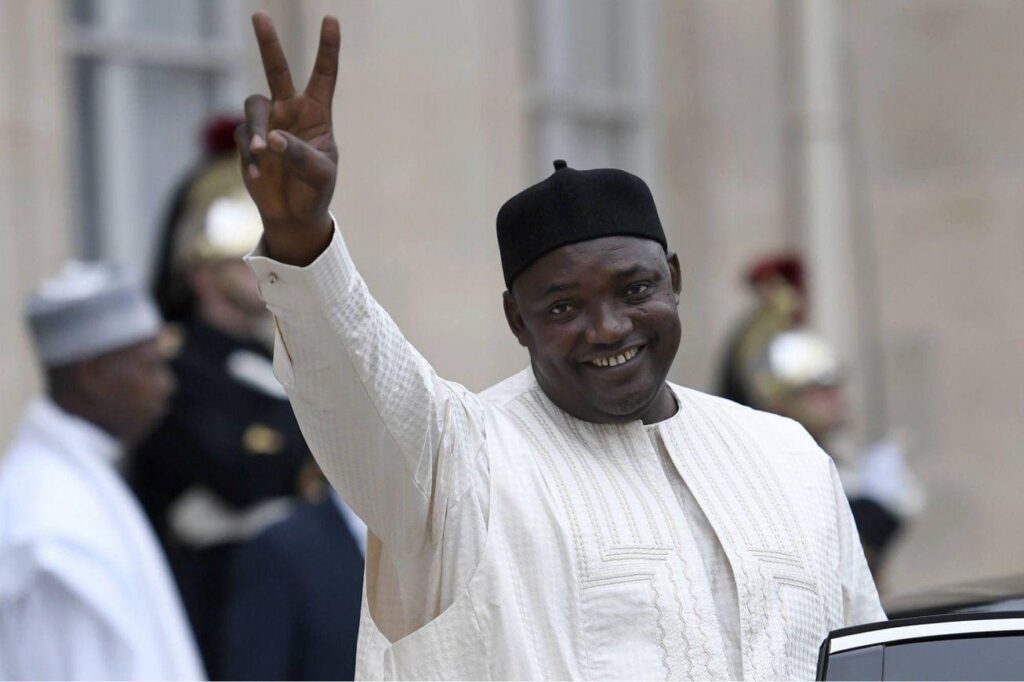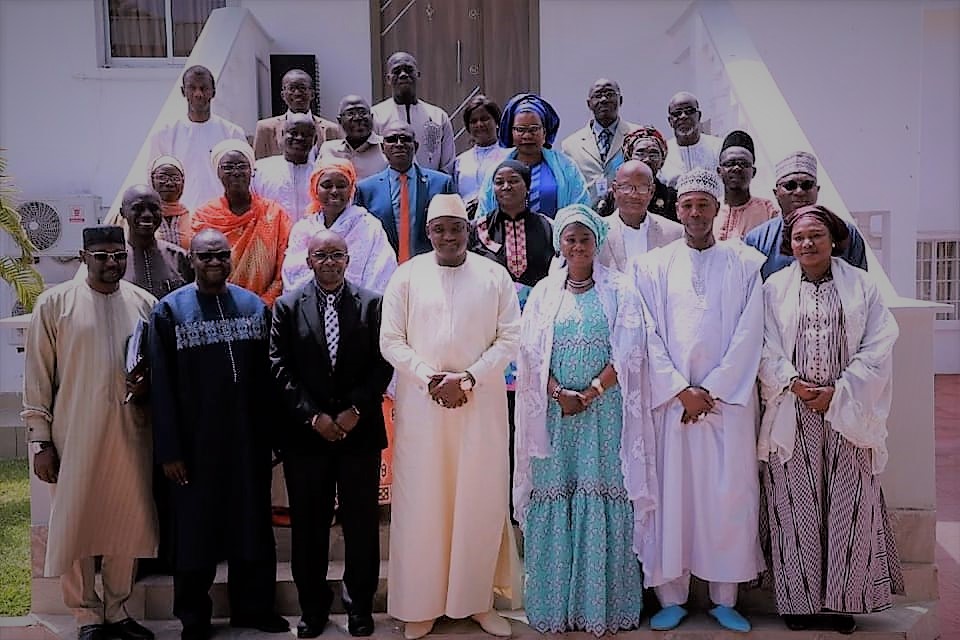
With hindsight, President Adama Barrow failed to heed the ever relevant counsel of the 16th-century Florentine political thinker and theorist and the father of modern political philosophy and political science Niccolo Machiavelli.
He once noted in his classic, The Prince, that any regime or administration’s character could be discerned from ministers’ choice. In his words, “The choice of ministers is a matter of no small moment to a Prince. Whether they shall be good or not depends on his prudence so that the conjecture we can form of the character and sagacity of a Prince is from seeing what sort of men he has put before him.
Once brilliant, exceptionally talented, capable, outstanding, faithful, and patriotic, we may always account for him wise since he recognises their merit and retains their fidelity.
However, if they are, otherwise, we must pronounce unfavourably of him, since Adama Barrow has committed the first fault in making his selection choice.
Again, Machiavelli’s bell is tolling, and President Barrow must take heed if he intends by any dint of imagination to leave behind an enduring legacy in the governance of our country.
The constitution is there as a guide, the complexity of the country is there as a compass and wisdom, divine grace is hovering around to be tapped.
Whereas the constitution envisages equity and inclusivity, in practice, the country’s complexity and the corresponding sensibilities of its people require a delicate balancing of interests in ways that no one will be left out of the scheme of things.
There should be no doubt about this truth to power: the country’s security and civil service architecture currently skewed in favour of a section of the country must be balanced to reflect the diversity of this country’s peoples and restore a sense of oneness. Indeed, no one should be left out.
Adama Barrow’s second term would likely be irreversible. It is more likely than most people think, and compared with his first term, its effect would be far more durable.
President Barrow’s reelection seems implausible to many people, as implausible as his election did before December 1, 2016. However, despite the scandals, corruption, chaos of his presidency, and all the challenges from the Covid-19 pandemic and the political audacity of ‘taf yengal parties’ and the political vibration from the ‘Sosalasso and tangal cheeb’ political movements, partisanship, and political animosity.
Adama Barrow approaches December 4, 2021, with two factors in his favour. One incumbency: Since independence in 1965, voters have only denied an incumbent another term (2016).
The other is a relatively colossal improvement in the construction of megaprojects such as bridges, roads, markets, and rural electrification and Covid-19 relief palliatives in the country’s length and breadth to the deserving population.
Also, Adama Barrow’s presidency has centred on his democratic tendencies , tolerance of sustaining and consolidating the Gambia’s emergent democracy( at least for now).
For his second term bid, President Barrow urgently needs a new direction for the Gambia. If he takes those off the ship, even if Adama Barrow continues to be hemmed in by other parts of the government and outside institutions and takes that, Barrow governs no more effectively than he had until now.

The impact of a second term would be more lasting than the first. It does not require dithering and spasms of indecision, having been in the office for almost five years in office as the Gambia’s third president.
This is the appropriate time to hit the ground running. Some four years ago, Barrow missed the golden opportunity to choose competently or perhaps some of the very best the country could produce to govern.
At last, some of his cabinet ministers, an aggregation of political partisans, without corresponding portfolios. As it turned out, they were, by and large, square pegs in round holes; none stood out by sheer expertise and even by sterling performance in the past.
Many exhibited outright ignorance of the bureaucracy of the state they were hired to run. Other categories of appointments, such as the service chiefs, were parochial and ethnically tainted in a multicultural country.
The consequence was the public charge of nepotism on the part of the President. Five years after, it is hard to find a distinguished achiever in the government.
Corruption, the central agendum of the government, became farcical with the purchase of indulgence by corrupt politicians.
Economically and politically, the country is afflicted. To get out of the woods, wisdom is required to choose men and women to run this country’s affairs. This requires a delicate blend of sundry factors, politics, expertise, gender, a record of performance, and age.
These factors are embedded in merit, integrity, loyalty to the executive, and patriotism. To reiterate, excellence must be given pride of place in the choice of political appointees.
President Adama Barrow faces the massive challenge of constituting a competent government of patriotic Gambians with knowledge, experience, and a dynamic, vibrant, innovative legacy planning team who will be responsible for transforming his brilliant ideas into reality and promoting his agenda and professional public service team in an age of fluidity.

President Barrow should have chosen moralistic political advisers who will translate practicality over ideology and politics to help run its affairs.
A team of people who are crafty economic policymakers, brilliant, outstanding, and exceptionally talented public servants to lead the nation through the worst pandemic and promote his Development Plan Agenda.
This is the 21st century, which does not waste time leaving procrastinators and mediocrities behind. There should therefore be no time to consider party loyalty above the over-riding public interest. The nation is waiting for the President’s men who will take the country to the much talked about ‘next level.’
By Alagi Yorro Jallow











One Comment